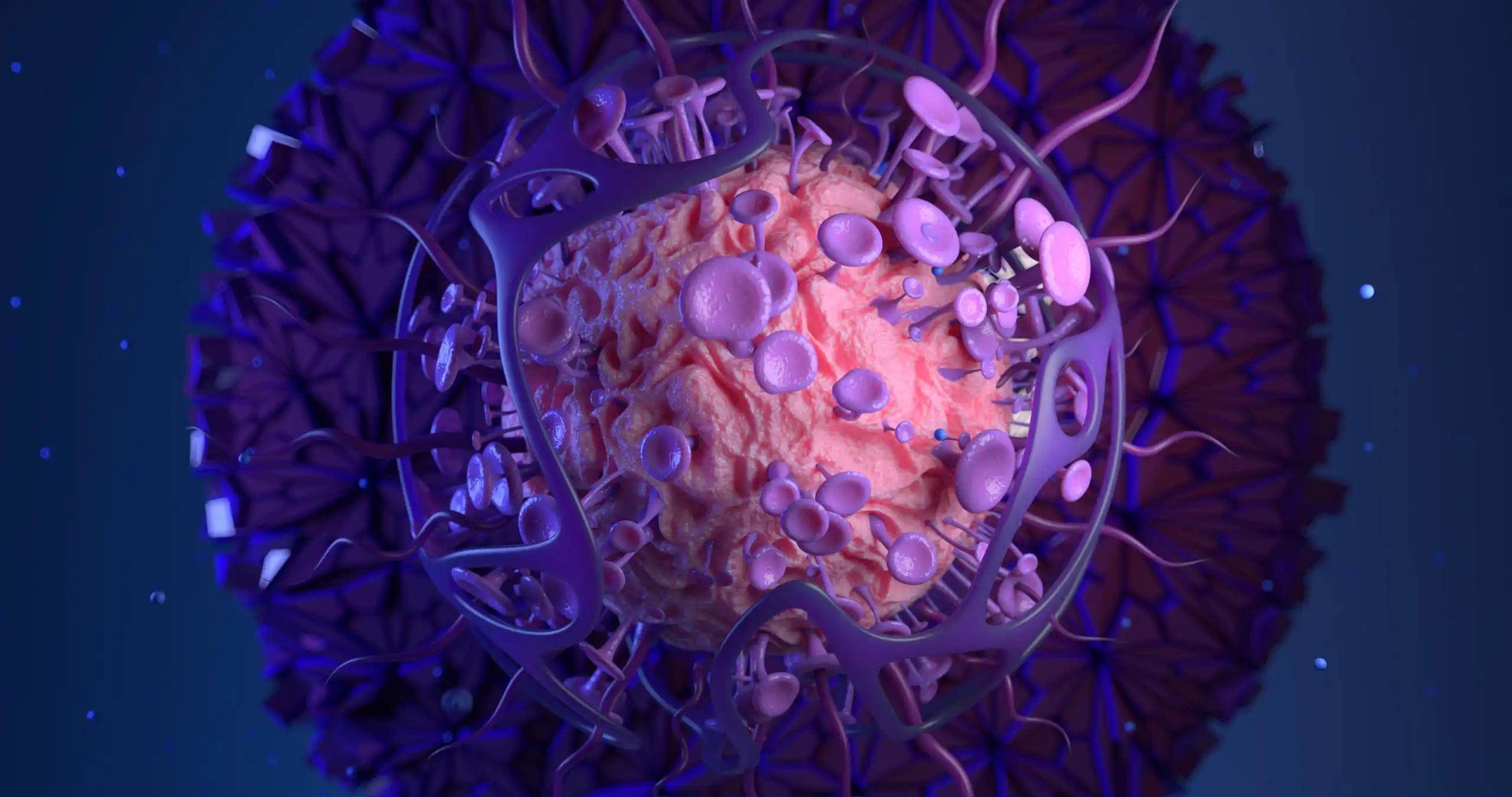KEY TAKEAWAYS
- The trial aimed to develop and evaluate a pain management intervention for older adults with cancer in rural areas.
- The primary outcomes were feasibility, acceptability, and potential efficacy.
- The study showed promise for improving pain-related outcomes in older adults with cancer in a rural setting.
Under-treated cancer pain is a major public health concern for older adults, especially those in rural areas. Researchers aimed to develop and evaluate a pain management intervention for older adults with cancer in rural areas.
The study included elderly cancer patients(pts) (aged 65+ years) in rural Tennessee and evaluated the feasibility, acceptability, and potential effectiveness of an adapted Ca-HELP intervention to improve pain communication with oncologists. Feasibility was determined by examining enrollment and intervention completion rates. Acceptability was gauged through single-item questions on the intervention’s helpfulness, difficulty, and satisfaction. Efficacy was assessed by comparing pre-and post-intervention scores related to pain self-management, self-efficacy in communicating pain severity with physicians, pain severity, and misconceptions about pain using one-tailed paired samples t-tests, with a significance level of 0.05.
About 30 pts were enrolled, providing sufficient statistical power (0.85) to detect moderate effect size differences. There were 56.7% female, mainly white (80.0%), had lower education levels (53.3% less than high school), and lower income (50.0% household income less than $21,000). The intervention demonstrated a high level of fidelity, with a 90% consistency rate (pacing, volume, introduction to purpose of intervention) in communication and 100% delivery of intervention components. Feasibility was excellent, with a 100% accrual rate and 100% intervention completion rate. In terms of acceptability, all (n=30) pts found the intervention helpful, with the majority ( (n = 24, 80.0%) rating it as “very helpful.” Most pts found it easy to participate (90.0%), enjoyed the intervention (70.0%), and were “very satisfied” with it (83.3%). Outcomes from before to after the intervention showed significant improvements in pain self-management and self-efficacy for communicating pain severity with physicians. There were also significant reductions in pain severity and pain misconceptions (all P< .05).
The study showed promise for improving pain-related outcomes in older adults with cancer in a rural setting.
Source: https://ascopubs.org/doi/abs/10.1200/JCO.2023.41.16_suppl.e24021
Clinical Trial: https://www.clinicaltrials.gov/study/NCT04262232
Megan J. Shen, Tammy Stokes, Sarah Yarborough, and Jill Harrison. DOI: 10.1200/JCO.2023.41.16_suppl.e24021 Journal of Clinical Oncology 41, no. 16_suppl (June 01, 2023) e24021-e24021.



